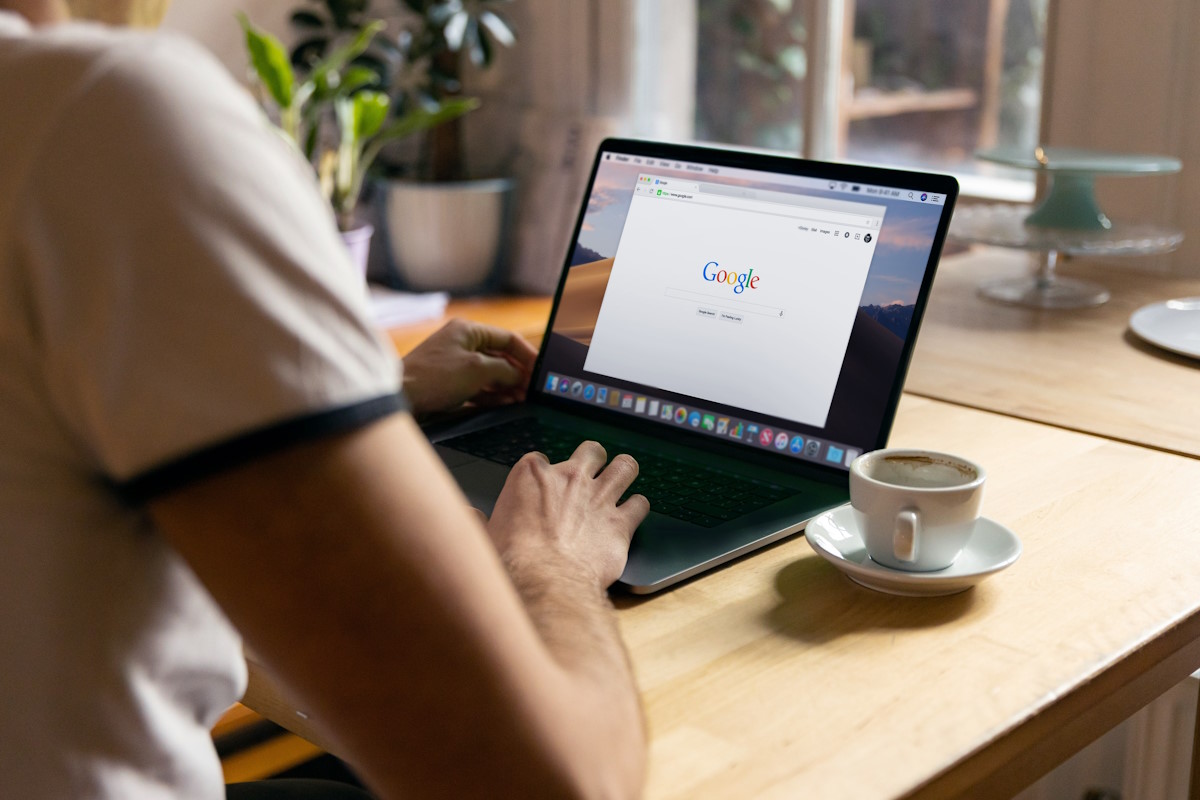All google products track you. Don’t use Google products.
I don’t use chrome but this is a whole lot of nothing. It’s basically saying if you save a file or an article to your reading list it’ll still be there…and that remote websites will still stuff your face with cookies and try to track you…but it’s not like they’re giving you a special chrome cookie to link your private and non private browsing. Server side tracking never goes away, not even with Firefox.
Anyways, who cares. Delete chrome and start using Firefox. But again, make sure you delete the files you download in incognito or they’ll still be there. And your ISP can still see which domains you’re going to if you use them as your DNS.
I was always curious why is it called Incognito or Private mode? Temporary or Guest session would make more sense: “You’ve entered a Temporary session. Your browsing history and cookies will not be saved.”
I don’t believe it was ever called ‘private mode’, or am I wrong on this?
Private Browsing, for browsing private parts.
Private Browsing, at your service 🫡
Here is an alternative Piped link(s):
https://piped.video/G5VEftRH12Y?si=w1iKyRrA1Gu-TZbh
Piped is a privacy-respecting open-source alternative frontend to YouTube.
I’m open-source; check me out at GitHub.
Private Mode is on Firefox.
Safari and Brave also both call it a private window
Internet Explorer also called it “InPrivate”.
And Edge still does.
On Firefox it’s called Private mode, on Edge it’s called InPrivate mode.
private browsing term appears in desktop and Android. Apple also uses the term.
Guest sessions already exist in the profile menu and is a separate feature. Guest doesn’t save history/cookies/etc locally but also doesn’t use your existing history, extensions, bookmarks, settings, etc. It’s intended more for an actual guest user to sign into temporarily.
I find this very silly. Incognito always had disclaimers about how it doesn’t protect you from tracking. Do people not know Google is just a website that does taking (or did anyway) like any other? And how tf did Google lose that lawsuit when eulas have “this software isn’t fit for any purpose” clauses
and incognito was never advertised for privacy to begin withand straight up tells you it doesnt give you privacy when you open it.not protecting users from tracking is very different than wantonly tracking users yourself when they literally hit the privacy button
Firefox’s private browsing description is pretty solid if anybody managed to read it
Care to elaborate?
I mean you can open up Firefox and check for yourself but here is an image I found online of it

Every day I’m more glad I’ve got rid of that spyware browser-wannabe called Chrome.
Good to see Google finally fixing issues








